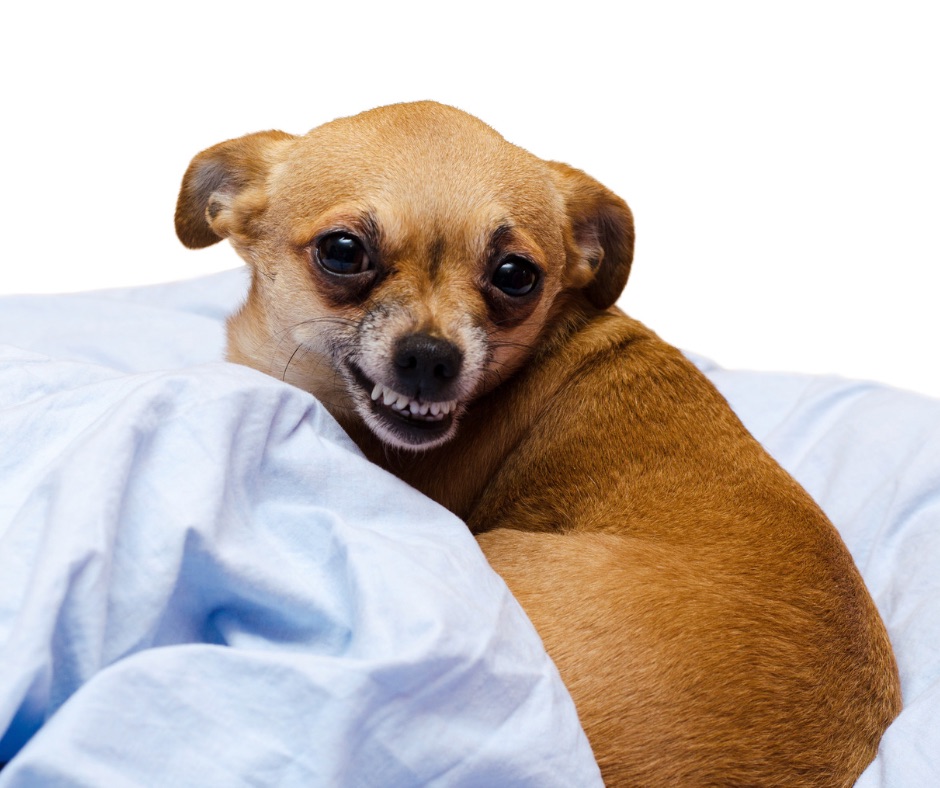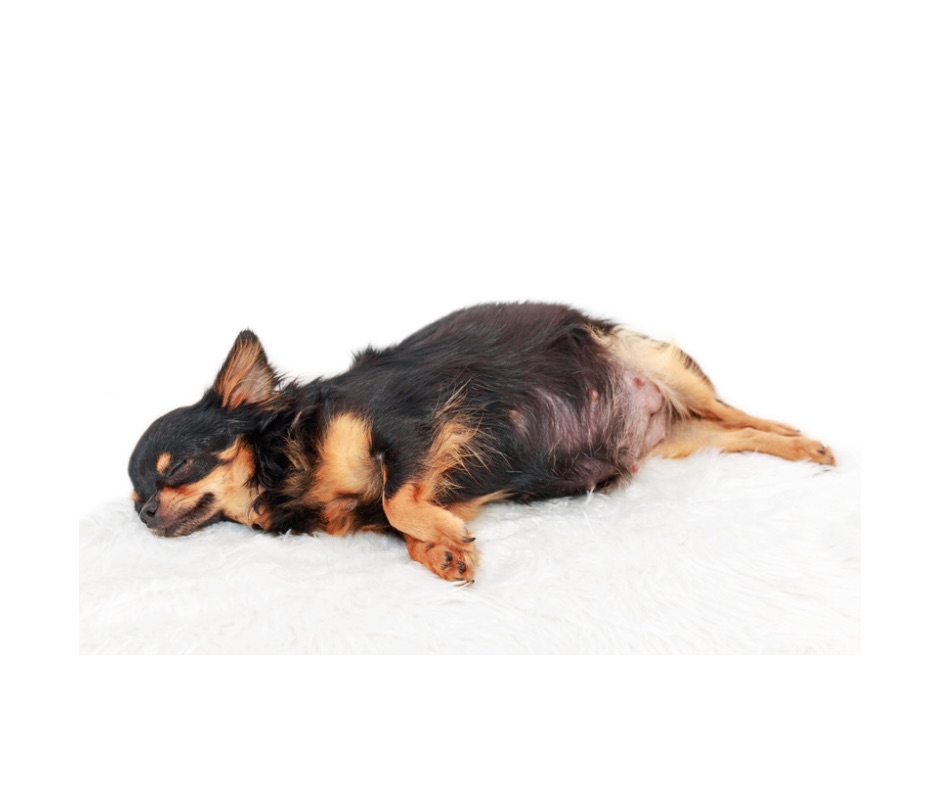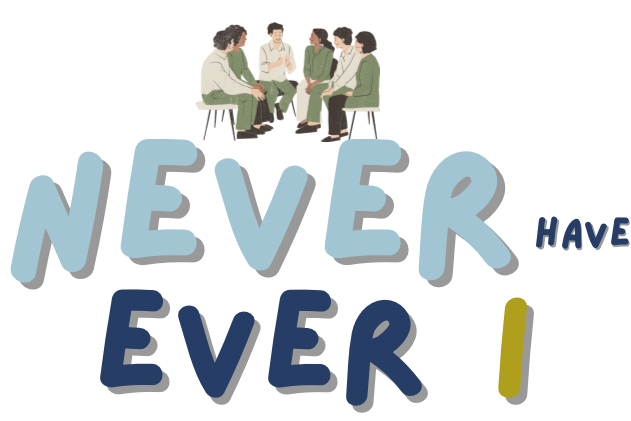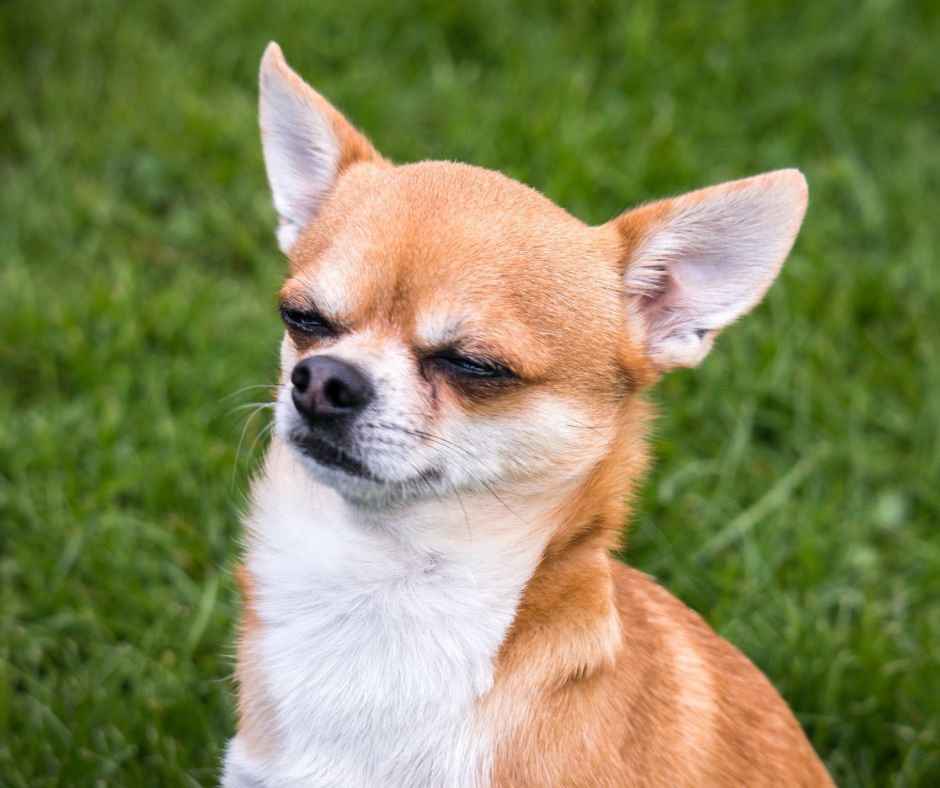While Chihuahuas are indeed a popular breed among dog owners, they aren’t everyone’s preferred choice. In fact, they’re high up there among the least preferred dogs for purchase.
If you’re planning on picking up a dog, and are not so sure about the chihuahua breed, let this be the final nail in the coffin regarding the decision.
Here are 21 credible reasons why Chihuahuas are the worst type of dogs to own.
21 Reasons Why Chihuahuas Are the Worst
1) Aggressive Behavior
Chihuahuas have this in born feisty attitude. And it’s upon the owner to tame this down else the dogs become very dominant of every situation they find themselves in which may or may not be a bad thing.
At home, they can display an aggressive behavior towards humans and other pet dogs, while on walks, they may overestimate their size and think they’re much larger than they are which can lead them into dangerous situations, like picking fights with larger dogs. So you need to be on the constant look out for them.

Even with people they know and love, Chihuahuas can still give the attitude if presented with an unfamiliar situation. This can lead to problematic social interactions, particularly if you have other pets or children in your household.
2) Training Chihuahuas isn’t particularly easy
Chihuahuas in general like to dominate despite their small bodies, as we have mentioned above. And that makes training them quite tricky, especially as adults. One problem to add to the mix, is how easily they can get away with unacceptable behaviors because of their teeny nature. You won’t be able to relate until you own a chihuahua pup yourself.
3) Frequent Barking
These petite pooches have a reputation for being yappy too. They’re often quick to sound the alarm at every little noise or movement, which can become a nuisance in daily life, although can be a good thing for those dire situations when someone is trying to break or sneak in. If you’re walking chihuahuas also, they can put you on the highlights by barking at strangers and other dogs.
4) Grooming
Depending on the variety (short hair vs long hair), Chihuahuas might require frequent grooming sessions (the long-haired variety requires more) to prevent tangling or matting. A session could take 1 to 2 precious hours of yours! You would also need to trim their nails on a regular basis which can consume considerable time and resources, and you can guess, not every owner is ready to commit to these.
5) They Are Predisposed To A Host Of Diseases
Chihuahuas, like all dog breeds, are known to be predisposed to certain diseases due to their genetic makeup. Here are six specific ailments that these little bundles of joy are more likely to get:
- Periodontal Disease: This is a dental disease common in Chihuahuas and can have severe implications if not treated properly. Much like in humans, it begins when food particles and bacteria accumulate along the gum line and if unchecked, can lead to infections, abscesses, and even tooth loss.
- Intervertebral Disc Disease (IVDD): IVDD is relatively common among Chihuahuas. It occurs when the discs between their vertebrae start deteriorating and push against the spinal cord. If untreated, it can cause severe pain and paralysis.
- Patellar Luxation: This disease affects the knee joint of the dog causing the kneecap (patella) to slip out of its normal position (luxate). It’s quite common in small breeds such as Chihuahuas. Dogs affected usually show signs like limping or skipping steps.
- Valvular Heart Disease: This condition affects older Chihuahuas more often than younger ones. The valves of the heart do not close properly, leading to an improper blood flow which then puts extra pressure on the heart causing heart failure gradually if left untreated.
- Chronic Obstructive Pulmonary Disease (COPD) or Chronic Bronchitis: COPD is a progressive disease that causes inflammation in your Chihuahua’s smaller airways and lung tissue leading to coughing and difficulty breathing.
- Collapsed Trachea: Common in small breeds, this condition causes a narrowing of the windpipe which leads to bouts of harsh coughing that can sound similar to honking or choking.

With this predisposition, it means you have to be especially selective with the breeder you opt for as well as pay proper attention to their health for preventive sake as well as to catch early signs, which may be costly in the long run.
6) Intense Attachment
This may sound strange, but yes, chihuahua tend to grow intensely attached to their owners (typically one person) and become fond of them, leading to separation anxiety when left alone for longer periods of time.
7) Allergic Reactions
Some people are allergic to these little creatures; their dander could cause allergic reactions like sneezing and watery eyes.
8) Not Good With Children
Their small size and generally nervous and feisty disposition make them unsuitable around small children who may unwittingly handle them roughly resulting in injuries at worse situations for either party depending on who’s doing the damage.
9) Poor Cold Tolerance
Due to their thin coat and small size, Chihuahuas don’t do well in cold climates unless properly insulated with clothing – an extra expense most other dog owners don’t need to worry about. If you already live in a very cold climate, don’t get a chihuahua!
10) Persistent Whining (or should we say: Possessive of Their Owners)

Another thing that many find annoying about chihuahuas is their tendency towards constant whining when things don’t go exactly as they want them too due again largely because of their strong personality despite such small body size! Chihuahuas are known for being possessive of their owners. They require constant attention and may display jealously or aggression if they feel they’re not getting enough of it.
11) Difficulty in Socializing
Chihuahuas can be wary of strangers and other animals. Without proper and consistent socialization, they may become excessively fearful or aggressive. But that isn’t to say it can’t be done! You just have to make sure the dogs are socialized at an early stage to remove that fear and aggression.
12) High Energy Levels
These tiny dogs, especially the smooth coated ones are packed with energy, which is great if you’re an active person. However, if you’re more laid back, their need for regular play and exercise could become taxing, really!
13) Prone to Obesity
Despite their high energy levels, Chihuahuas are also prone to obesity if not given a proper diet and sufficient exercise. This issue can predispose them to a host of health problems, including heart disease that we talked about earlier.
14) Excessive Shaking
It’s not uncommon to see these petite canines shivering or shaking, whether from excitement, fear or cold. Some people may find this behavior endearing; others might view it as unnerving or indicative of constant stress.
15) Unpredictable Behavior
Chihuahuas are known for their unpredictable behavior. One minute they might be cuddly and affectionate; the next minute they might snap if you touch them in the wrong spot or at the wrong time.
16) Not Suitable for First-Time Owners
Given their unique needs and challenges, Chihuahuas may not be the best fit for first-time dog owners who are not familiar with dog behavior and training techniques.
17) High Strung
Chihuahuas are often high-strung and can be quite nervous, which can lead to anxiety issues. Their restlessness might not immediately calm down even after petting or soothing words.
18) Fickle Eaters
Many Chihuahuas tend to be picky eaters which means finding a diet that works could prove tedious, and very costly.
19) Less Suitable for Big Families
In larger households with many family members or guests coming in and out frequently, the small Chihuahua might find it stressful rather than enjoyable due to their cautious nature and attachment to one person primarily.
20) Sensitivity to Noise
Which also brings us to the point that chihuahuas are known for their sensitivity to noise. They can get stressed out in noisy environments, making them less suitable for city dwelling or households with boisterous children.
21) Reluctance to Share Toys and Treats
Many Chihuahuas exhibit possessive behaviors around their toys, food, and treats which can lead to potential aggression towards other pet dogs if not properly addressed through training.

